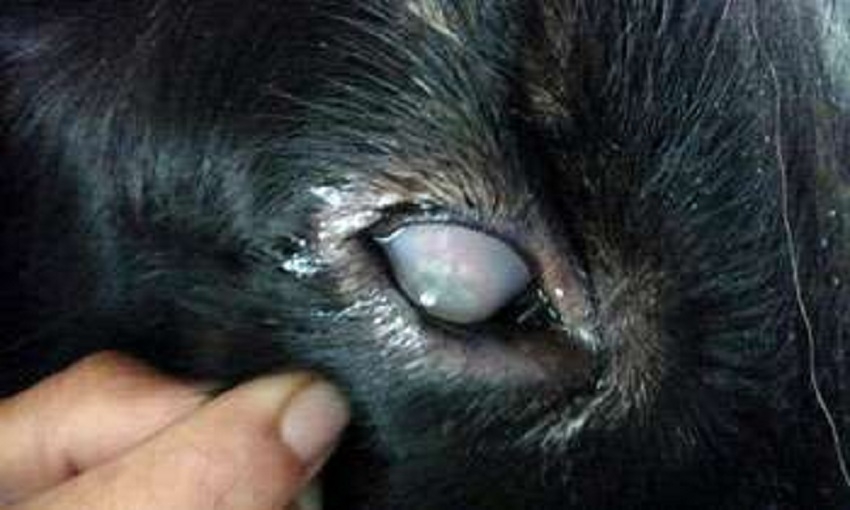The dog was found to be suffering from this disease last month with infected eyes. The Balangoda Veterinary Department had referred the dog to the Peradeniya Veterinary Department, which was also unsuccessful in treating it. Speaking to the Daily Mirror, Professor Dangolla said that subsequently they had received a report of a similar infection from Mullaitivu. “In cases of eye infections, it is normal to run a test to eliminate Trypanosoma. But this species of Trypanosoma has never been detected in Sri Lanka,” he said.
Prof. Dangolla said he hoped that our veterinary doctors consider this detection of the Trypanosoma virus as something serious. “Veterinary doctors mainly deal in livestock such as cattle, pigs, sheep, goats and household pets like dogs, cats. But parasites are known to survive in animals whether household pets or farming animals. According to reports from foreign countries, the Trypanosoma species is transmitted by the tsetse fly.
The Tsetse flies are normally found in sub-Saharan Africa but also known to have been found in several other regions as well. Up to now there’s been no record of such flies being found in Sri Lanka. The doctors are checking on how this Trypanosoma species has been transmitted,” he said. Prof. Dangolla said the most dangerous thing in the current Trypanosoma situation was that it could be transmitted to humans and added that there were several species of Trypanosoma in the world but it was essential to pinpoint the species detected in our country.
“Trypanosoma can manifest itself as a skin disease. We are collecting mosquito larve, flies, mosquitoes and blood samples of animals in Ratnapura, Balangoda and Embilipitiya for laboratory tests.
Some of the research is being carried out with the participation of officials of the Peradeniya University Veterinary Faculty, Allied Health Services and the University Health Services,” he said.




















